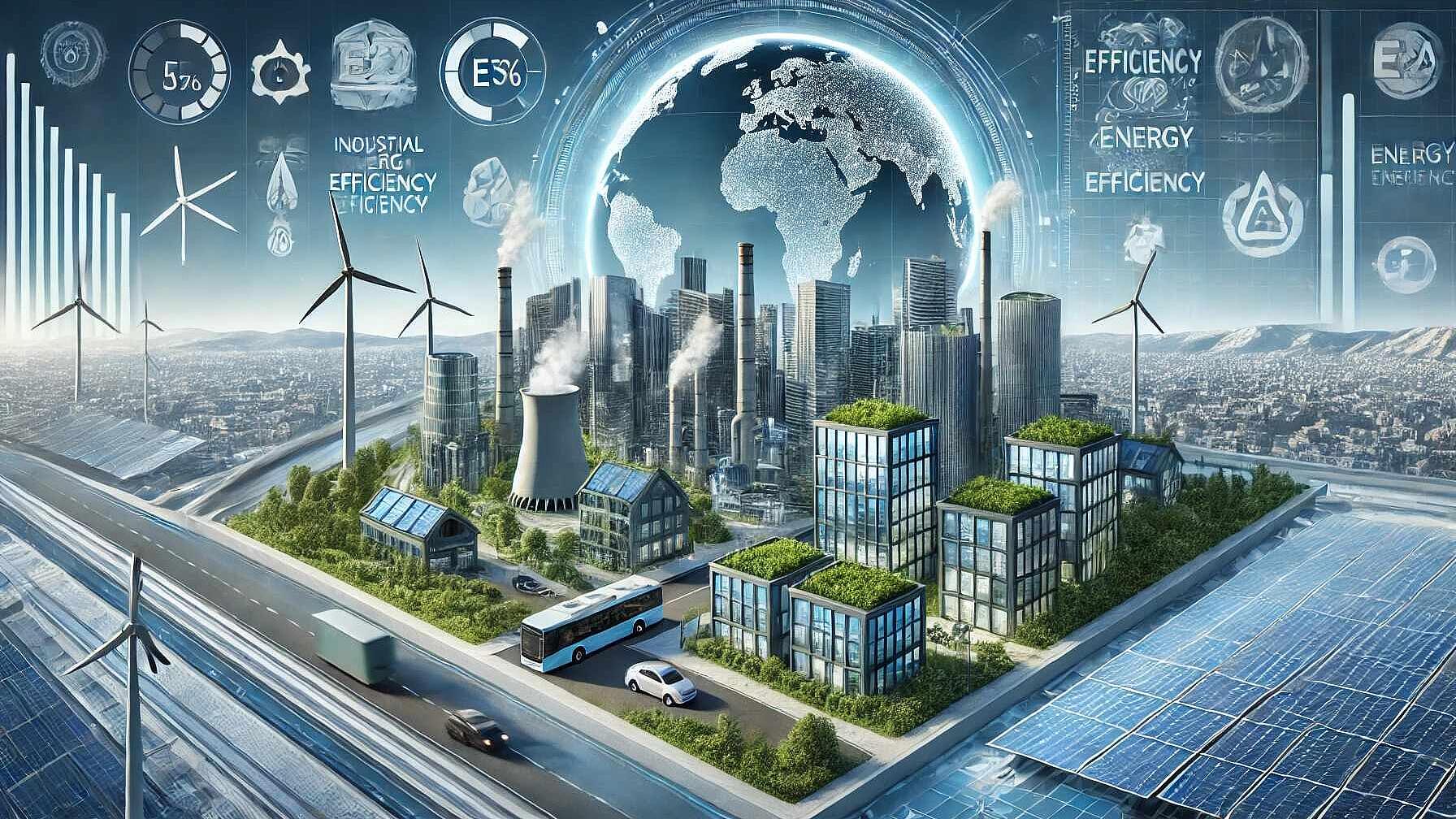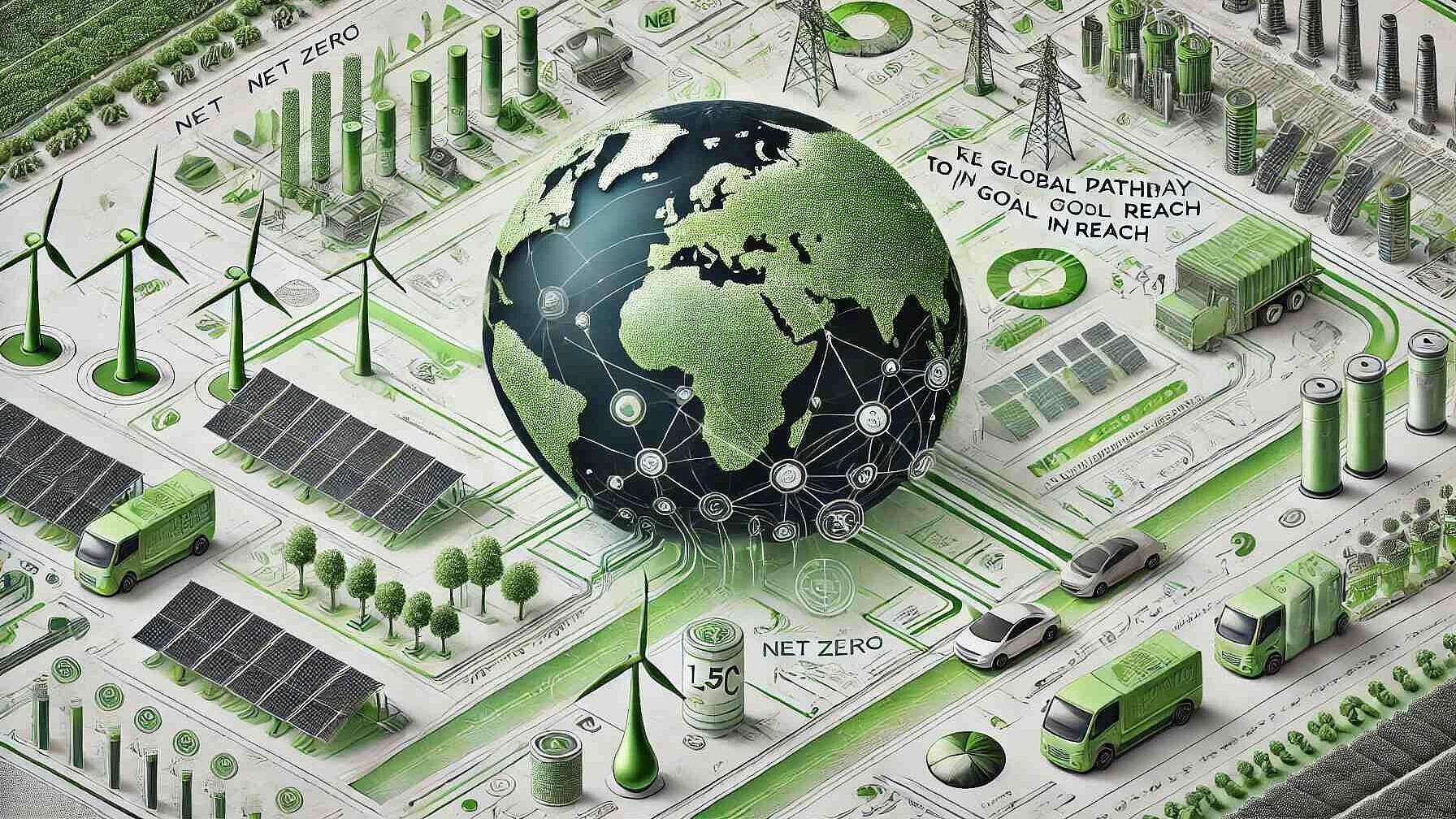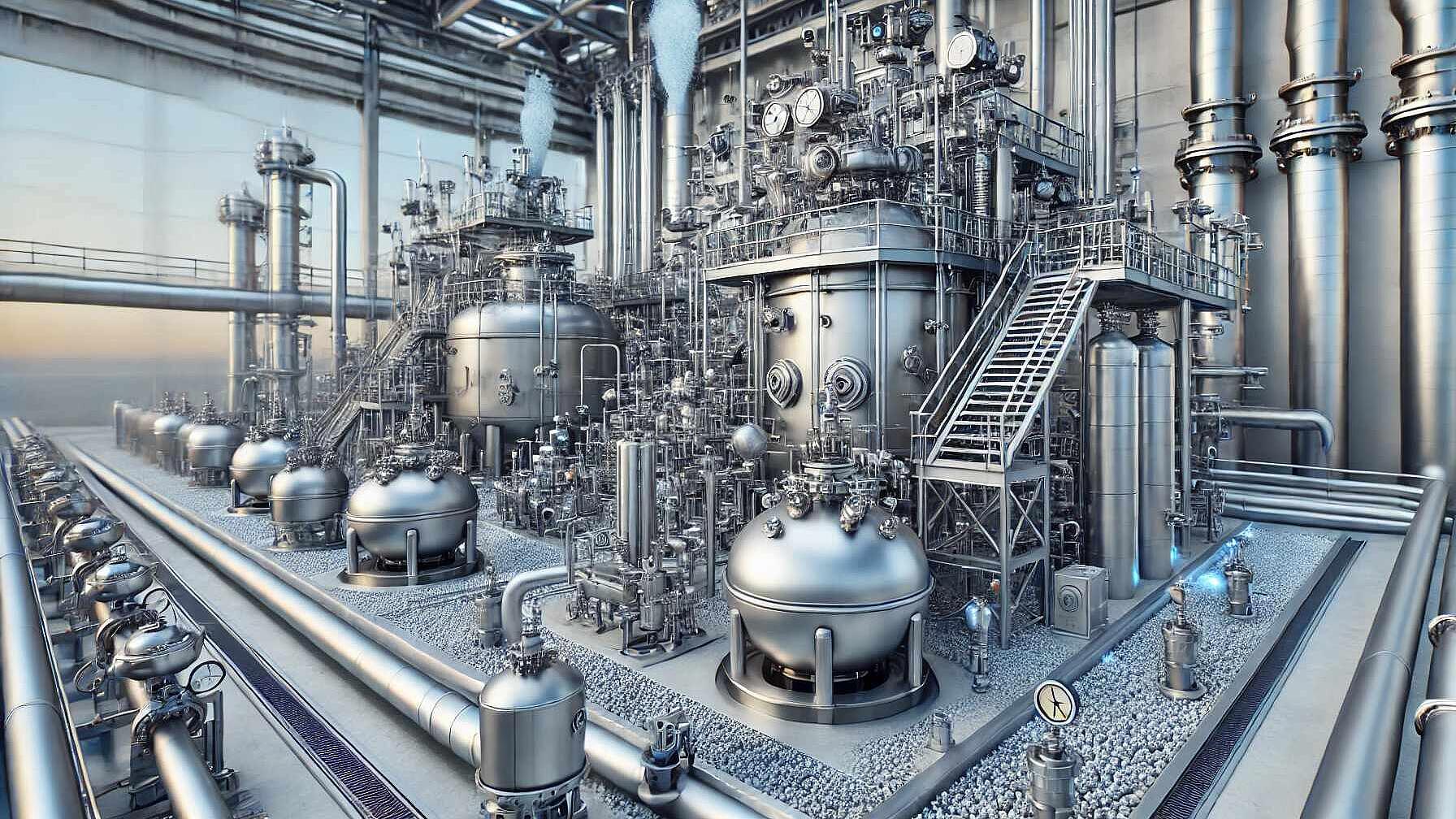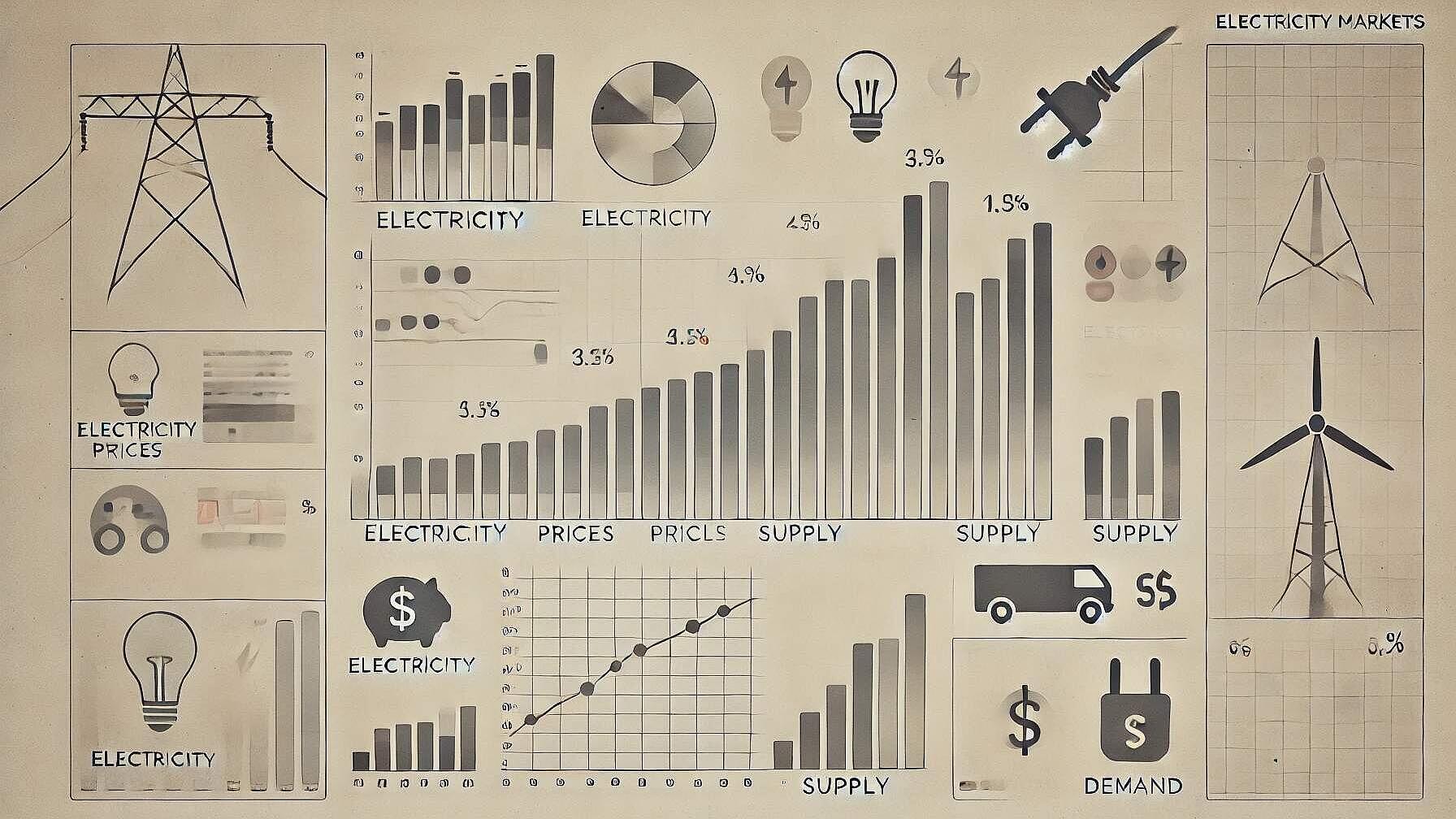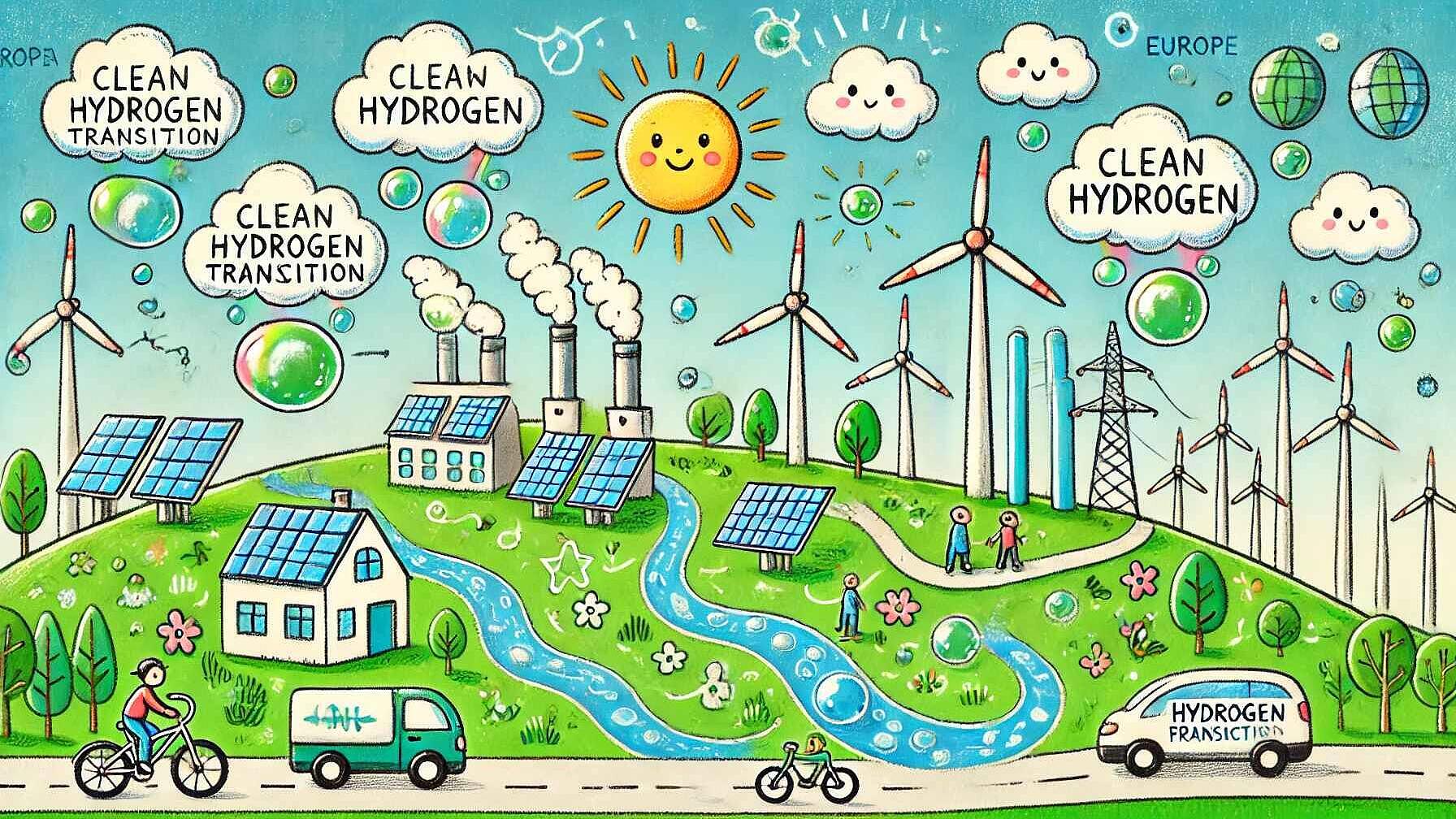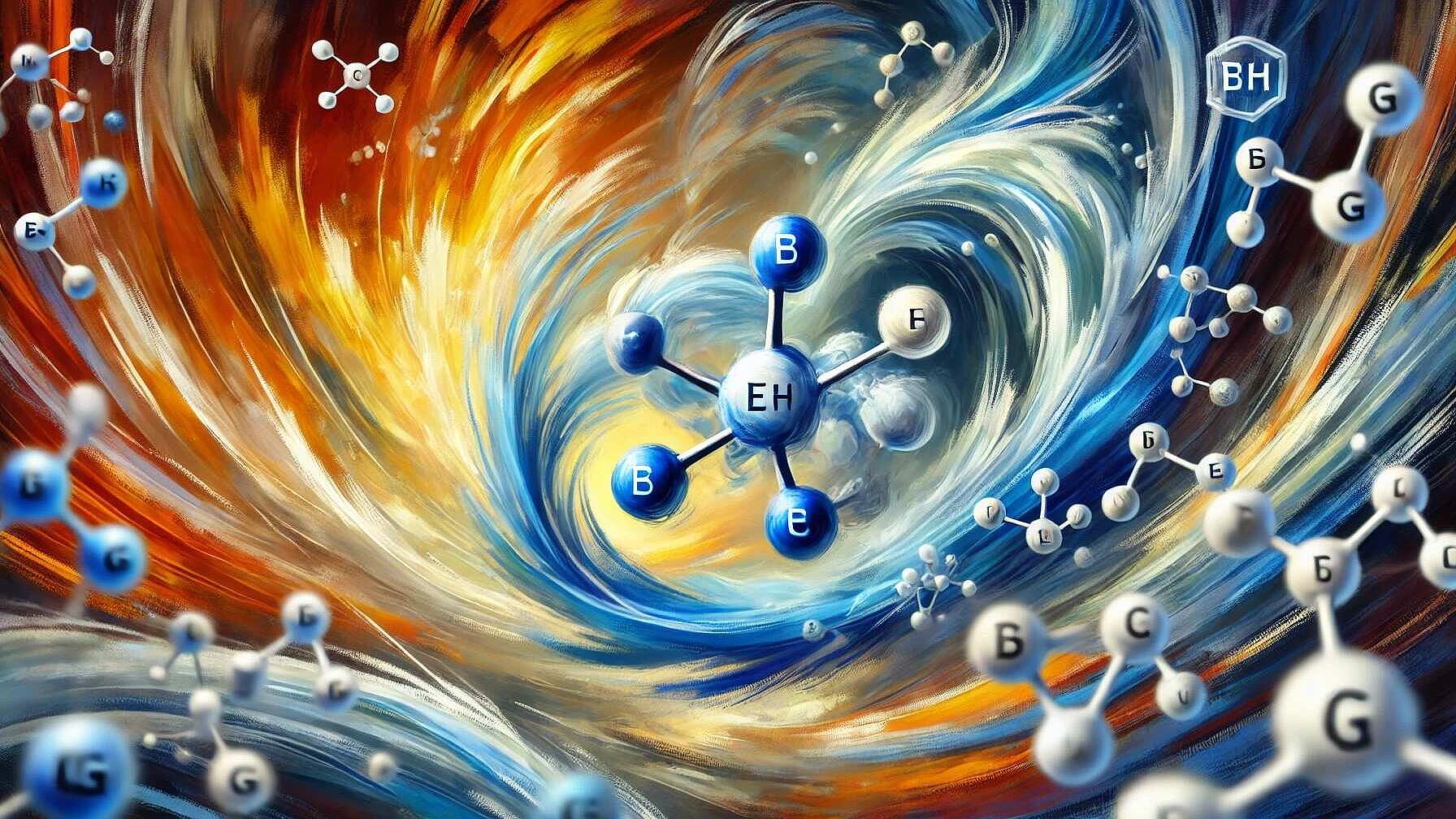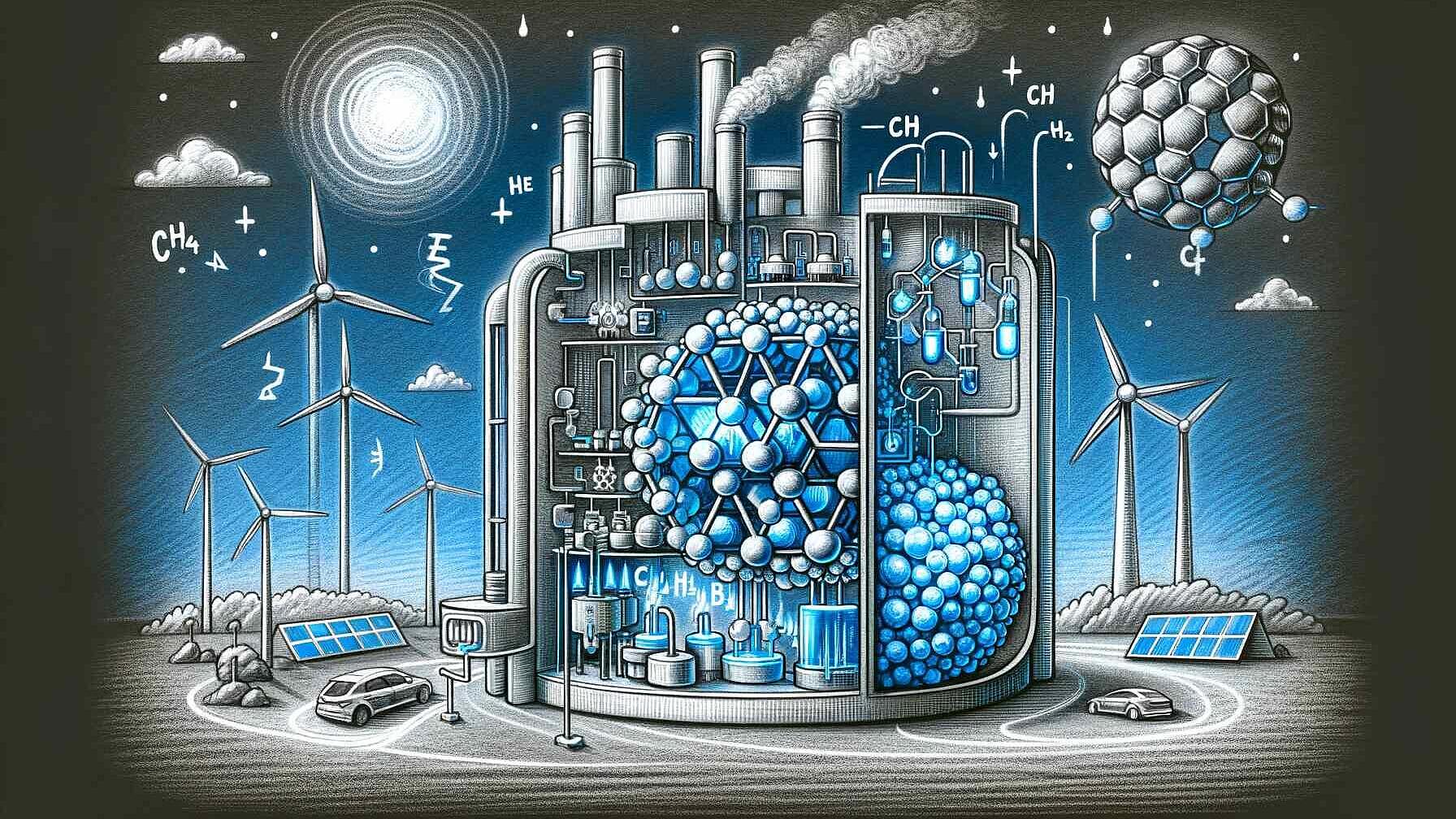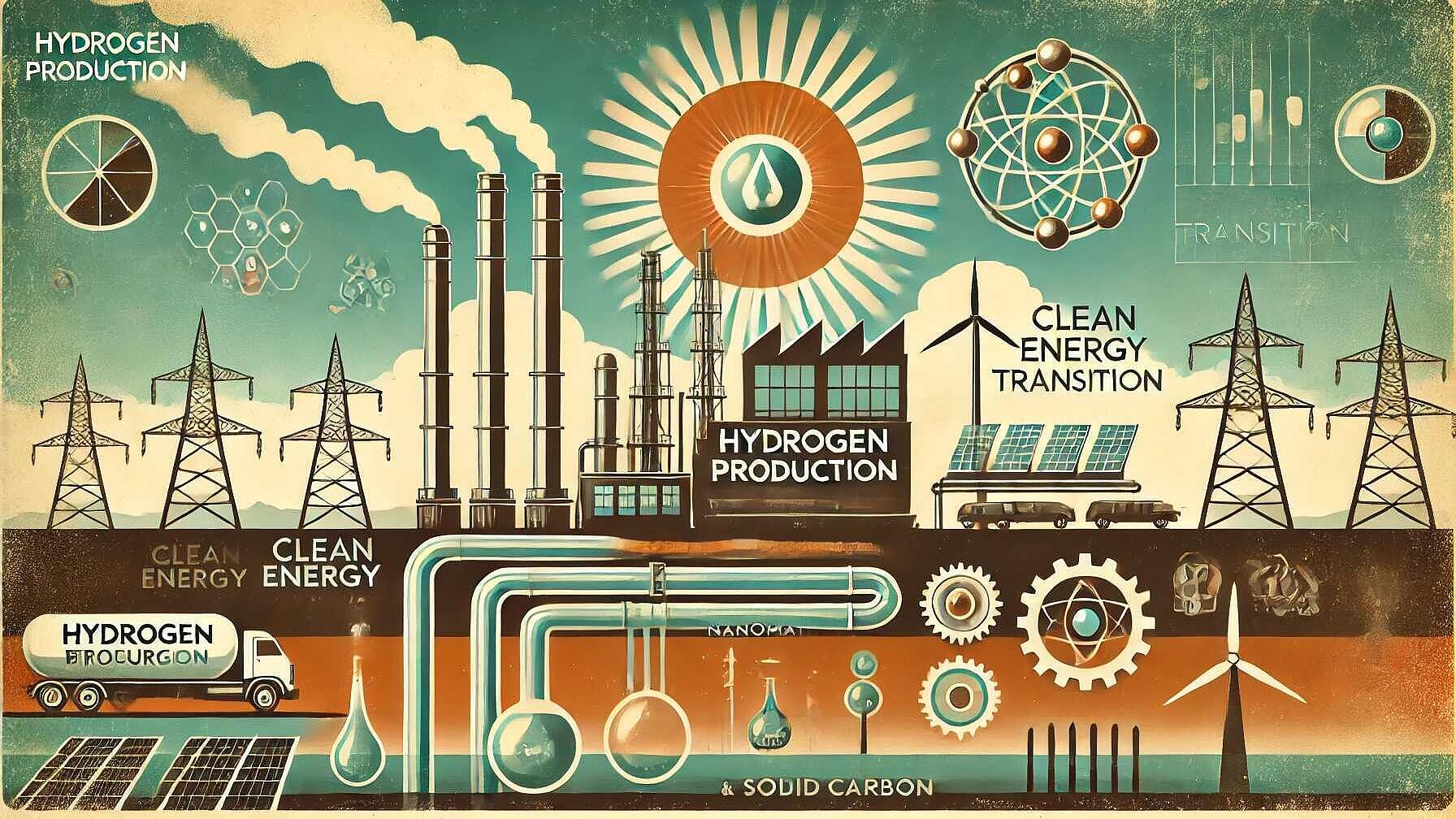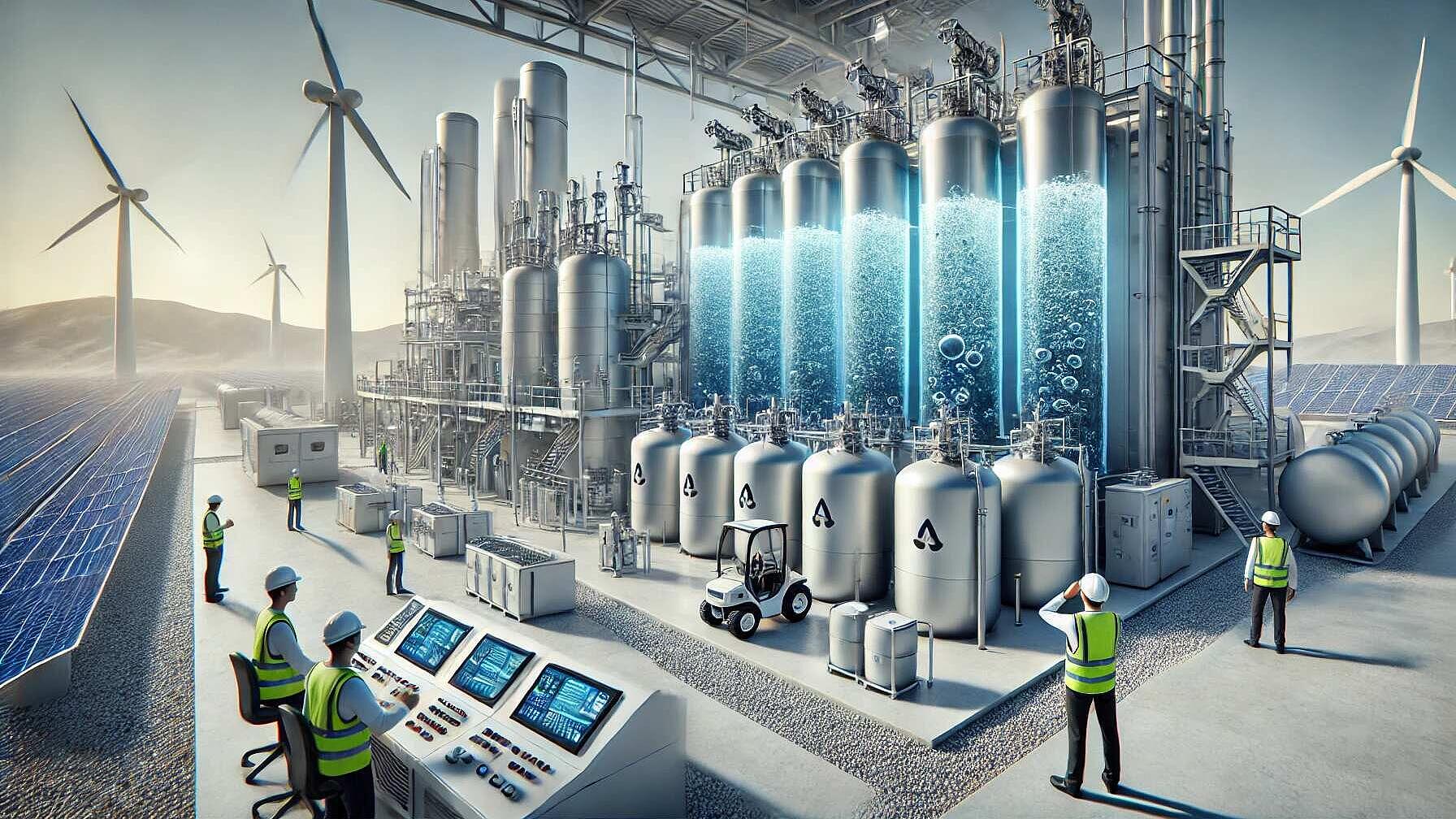 Articles
ArticlesDoubling Energy Efficiency Progress: A Key to Achieving Climate Goals and Energy Security
The IEA's "Energy Efficiency 2023" report underlines the imperative of doubling the rate of global energy efficiency improvement from the current 2% to 4% annually to achieve net-zero emission targets. Although there was a slight dip in global energy intensity improvement in 2023 to 1.3%, the EU and the US demonstrated significant improvements due to policy responses and behavioral shifts amid energy crises. Doubling efficiency progress could significantly reduce energy bills, contribute to CO2 reduction targets, and generate jobs in various sectors. Governments are endorsing stronger policies towards this goal, with the intention to integrate it into upcoming COP28 discussions. In transportation, electric vehicle sales are rising, which could substantially increase vehicle efficiency by 2030. The buildings sector is called to quadruple its efficiency improvement rate, with heat pump sales increasing and retrofits needing to double. Industry efficiency can be increased through digitalization and energy management systems, indicated by the growing adoption of ISO 50001. The report notes nearly $700 billion in government support for energy efficiency since 2020, with substantial investments from new initiatives. However, challenges like outdated building energy codes and slow stock turnover can hinder progress. Achieving the 4% annual improvement requires consistent policy and investment. Efficiency standards for key products in many countries align with net-zero goals, and global adoption of best practices is vital. Systems efficiency is increasingly relevant due to electrification and renewable energy integration, with digital technologies supporting advanced energy management. The IEA cites South Australia's adaptation to high renewable energy penetration through smart systems to reduce energy costs. Efficient cooling technology adoption is crucial for managing rising cooling demands in countries like India. The report concludes that the energy efficiency goal, while daunting, is achievable with the necessary focus on technology, policy, and implementation. This improvement is seen as key to meeting energy security, affordability, job creation, and climate objectives.
Read Full articleAccelerating the Clean Energy Transition: An Updated Roadmap to Net Zero Emissions
The IEA's 2023 Net Zero Roadmap update outlines steps for a 1.5°C-aligned energy transition, emphasizing rapid clean energy deployment and innovation. It sets key 2030 milestones, including tripling renewables, improving efficiency, increasing EV sales, and reducing methane emissions. Global cooperation and investment are critical.
Read Full articleMethane Catalytic Cracking: A Promising Path to Clean Hydrogen Production
Methane catalytic cracking generates hydrogen and solid carbon without CO2 emissions, utilizing catalysts like nickel in reactors like fluidized beds. Catalyst deactivation and reactor challenges exist, but advancements may make this process a competitive, clean energy solution.
Read Full articlePowering Ahead: The Global Electricity Landscape Through 2026
Global electricity demand is projected to increase, led by China and India, with renewables and nuclear supplying all growth through 2026, indicating a shift towards low-emission sources, reducing CO2 intensity, and highlighting regional disparities in access and consumption trends.
Read Full articleHydrogen Pathways: Leading the Charge Towards a Sustainable Future
Europe aims for Net Zero by 2050 through increased clean hydrogen production, requiring advancements in technologies like water electrolysis and methane reforming with CCS. Innovation in these areas is key to achieving environmental and economic sustainability in the energy sector.
Read Full articleHydrogen on the Horizon: Shaping the Energy Future
Hydrogen is increasingly seen as a key to sustainable energy. Various countries develop national strategies focusing on decarbonizing hard-to-abate sectors and economic growth. Technological innovations aim to produce clean hydrogen efficiently, with international collaboration and private-public partnerships being crucial for the transition to a hydrogen-based economy.
Read Full articleElectrifying the Future: Joule-Heated Catalytic Reactors as a Pathway to Decarbonization and Innovation
The paper reviews electrification of chemical processes for decarbonization, focusing on Joule-heated catalytic reactors for efficient heat generation, highlighting advantages over traditional fossil fuel combustion and applications in methane reforming and CO2 valorization.
Read Full articleCatalytic Hydrogen Production: Pioneering Clean Energy with Methane Cracking
The EU's STORMING project is advancing methane cracking for CO2-free hydrogen production using catalysts and structured reactors powered by renewable electricity. This process also yields valuable carbon nanotubes, promoting sustainable and economically beneficial hydrogen applications and energy transition.
Read Full articleInnovative Pathways in Hydrogen Production: A Catalyst for Change in Clean Energy
Hydrogen production via catalytic methane decomposition (CMD) using Fe-based catalysts offers environmental benefits over traditional steam methane reforming by eliminating direct CO2 emissions. Fe-Al2O3 catalysts improve efficiency, offering pathways to repurpose carbon byproducts into valuable nanomaterials for energy storage and electronics, implying significant contributions to a circular economy and clean energy advancements.
Read Full articleHydrogen's Role in the Future of Clean Energy: Innovations and Opportunities
Global hydrogen demand grew marginally, with most still from traditional sources. Shift to low-emissions hydrogen is crucial, underpinned by technology and investment growth. Challenges persist in financing, regulation, and infrastructure, but opportunities for innovation and development in various sectors remain, with significant implications for the future energy landscape.
Read Full article